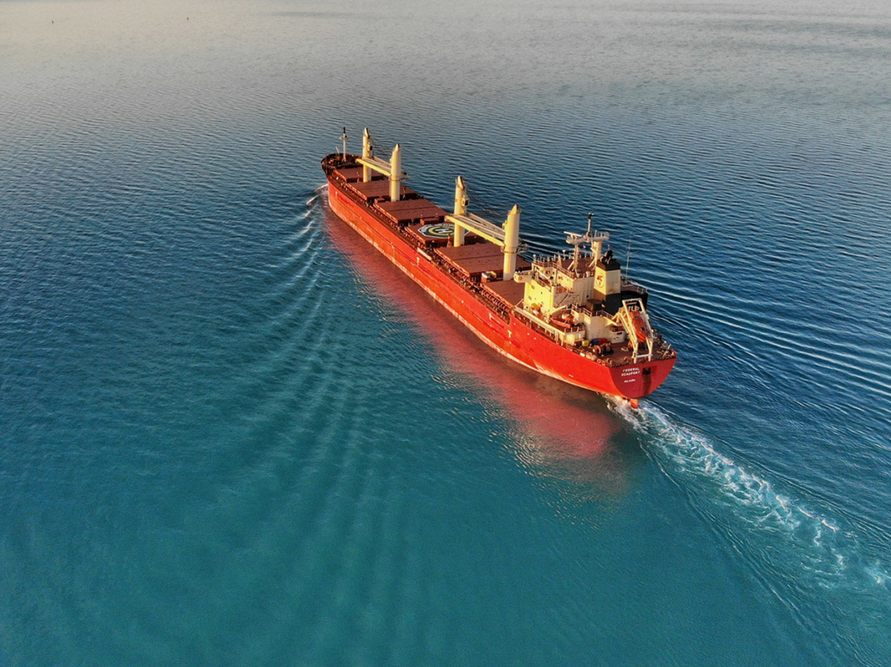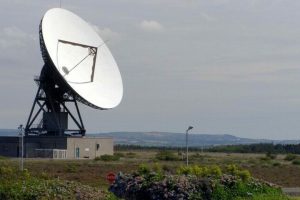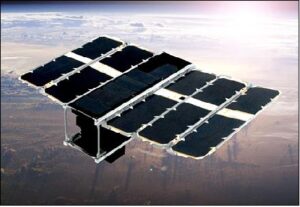Norway’s Maritime Surveillance Sats Get UK Components
5th Sep 2022
Space Norway AS signed contracts with vendors on the 25th August 2022 to commence constructing the MicroSAR radar satellite system. MicroSAR satellites will be optimized for real-time maritime surveillance in areas of interest to Norway.
UK-built radar antenna and satellite bus
Norwegian suppliers will develop and build the payloads. UK suppliers will handle building the radar antennas and satellite buses. Oxford Space Systems and Surrey Satellite Technology will build these objects.
The first satellite is scheduled to launch at the start of 2025. In the years following, the objective is to launch numerous radar satellites, creating a constellation enabling constant maritime surveillance. Norway needs a constellation of satellites to cover the higher latitudes.
Named MicroSAR, the satellite system is unique due to the manner in which it simultaneously detects vessels that are relatively small in size across very expansive areas.
At the time of writing, we do not know about any other radar satellite systems that have the same mixture of capabilities.
Norway’s need for real-time maritime surveillance
Norway’s territorial waters are seven times larger than its land area. This includes strategic areas such as the High North and the Arctic.
Current geopolitical tensions give cause for having a very well wrought situational awareness in these locations.
For years, the Norwegian government used Automatic Identification System (AIS) for maritime surveillance. However, this relies on the vessels themselves sending the necessary, accurate AIS data. Therefore, cooperation is at the core of whether or not this works.
Space Norway has estimated that approximately five per cent of the vessels are sending false information or do not transmit AIS data at all.
Satellites carrying radar such as MicroSAR, will detect vessels independently without utilising AIS. This detection system can then corroborate AIS data. Ships associated with fraudulent or missing signals then come under further investigation.







Thank you for your comment! It will be visible on the site after moderation.